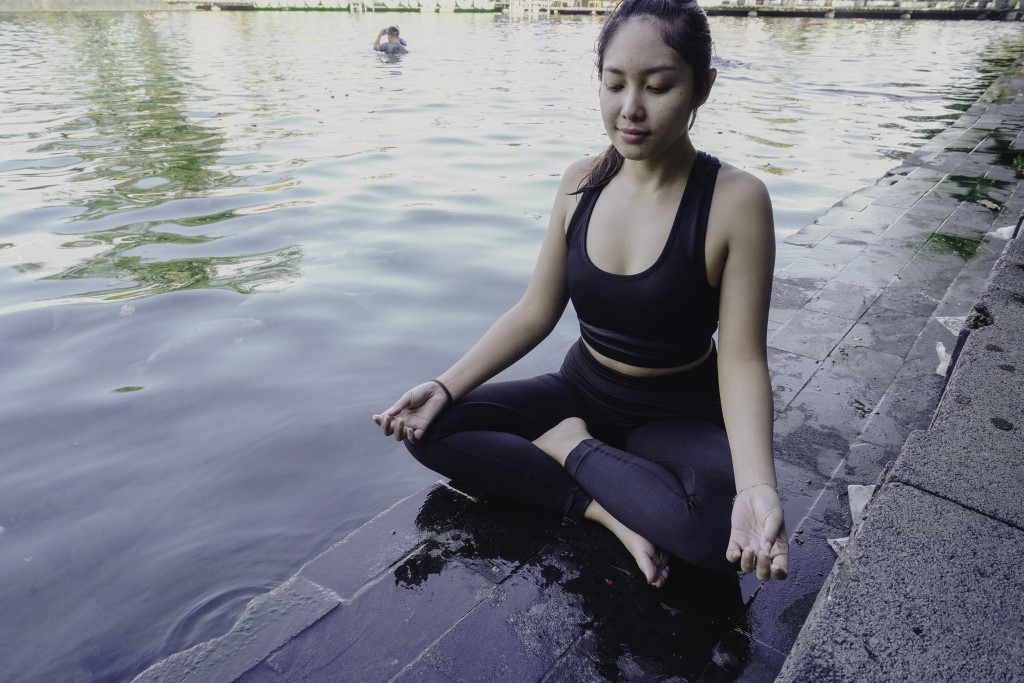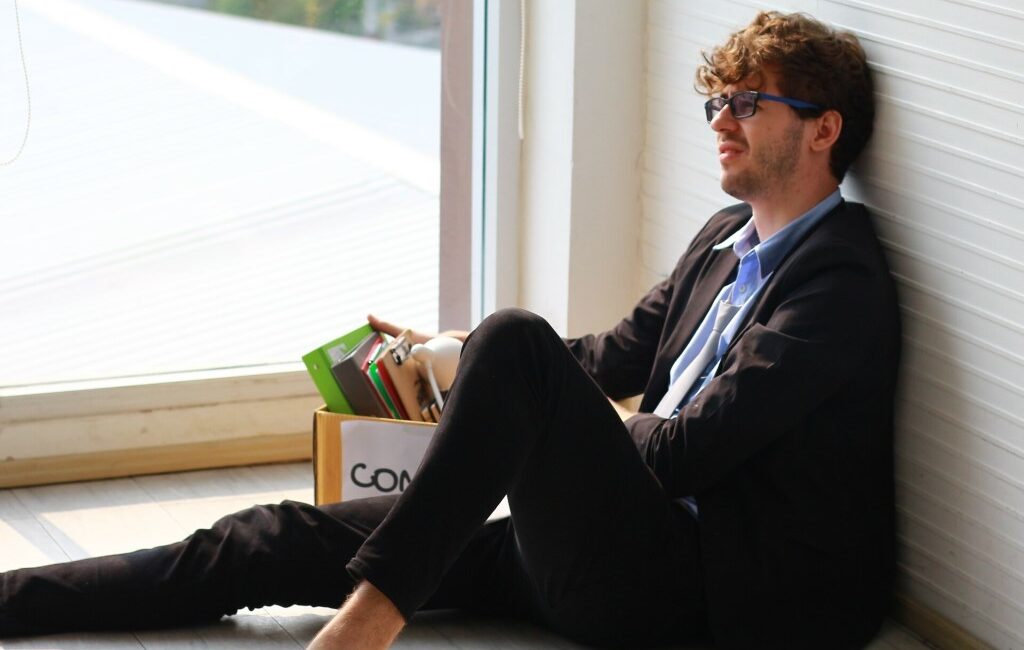In the face of trauma and addiction, the path to recovery may seem daunting, especially when the wounds are deeply embedded in the psyche. As a medical practitioner, I’ve borne witness to countless brave souls who’ve embarked on this healing journey. Your experience, your pain, and your challenges are unique, but there’s one universal tool that plays a pivotal role in this transformative journey: self-care.
Understanding trauma and addiction requires a deep dive into the intricacies of the human experience. For many South Africans, life’s hardships are compounded by societal pressures, economic challenges, and sometimes, the heavy weight of historical trauma. In this backdrop, addiction becomes less about choice and more a response, a coping mechanism to the distress caused by overwhelming circumstances. It’s not a sign of weakness but an indicator of profound suffering.
But here’s the good news: With the right care, tools, and environment, healing is within your grasp. Prioritising self-care becomes your beacon of hope, the compass guiding you towards a renewed sense of self. Self-care isn’t just about indulging oneself. It’s about acknowledging your worth, understanding your limits, setting boundaries, and seeking the help and support you rightfully deserve.
Embracing self-care means allowing yourself the time and space to heal, to breathe, and to rediscover the joys of life. It might be as simple as finding moments of solitude, practising mindfulness, or engaging in activities that reignite passion and purpose. Remember, in the tumultuous journey of recovery, every small step towards self-care is a giant leap towards reclaiming your life.
Frequently Asked Questions:
- How do trauma and addiction interlink in the context of recovery?
– Trauma often acts as a trigger for addictive behaviours, serving as a coping mechanism for the distress and pain experienced. In recovery, addressing both trauma and addiction concurrently ensures a holistic healing approach.
- What are some self-care practices suitable for South Africans in recovery?
– Activities like journaling, engaging in local community groups, practicing mindfulness, participating in cultural rituals, and seeking counselling or therapy can be beneficial.
- How can I encourage a loved one to prioritize self-care in their recovery journey?
– Be supportive, listen actively, and gently introduce them to self-care activities. Remember that the journey is personal, and what works for one might not work for another.
- Are there local resources or organizations that can guide on self-care during recovery?
– Yes, numerous South African organizations and rehab centres, including ours, offer guidance on self-care strategies tailored to our cultural and societal context.
- Is it normal to feel guilty about prioritizing self-care?
– It’s not uncommon. Many in recovery grapple with feelings of guilt or unworthiness. But self-care is an essential part of healing, not a luxury. Embracing it can significantly boost the chances of long-term recovery.
The concept of self-care in the realm of recovery from trauma and addiction has, over the years, stirred some intense debates and controversies. While many clinicians, researchers, and individuals in recovery laud the significance of self-care, others raise concerns, which you might have come across in various discussions or even personal conversations.
There’s a growing misconception about what self-care truly entails. For some, the term “self-care” evokes images of spa days, vacations, or indulgent shopping sprees. While these activities can be forms of self-care for some, the core of self-care in recovery is much deeper. It’s about acknowledging your worth, setting boundaries, and seeking help when needed. If you’re navigating your recovery journey, it’s essential to recognize that self-care is multifaceted and goes beyond mere indulgences.
There’s a critique that emphasizing self-care places an undue burden on the individual. The argument is that it might seem to suggest that if you’re not recovering or healing “fast enough,” it’s because you’re not investing enough in self-care. This perspective can be harmful, especially when external factors, like lack of access to appropriate treatment in South Africa or societal stigmas, play significant roles in one’s recovery process. Remember, your recovery is unique, and it’s okay to seek external support; it doesn’t diminish the importance of your personal self-care regimen.
Additionally, cultural nuances play a crucial role. In the diverse South African context, notions of self-care can vary widely. What one community sees as a beneficial self-care practice might be viewed skeptically or even critically by another. Hence, if you or someone you know is integrating self-care into their recovery journey, it’s pivotal to ensure that these practices resonate with personal beliefs and cultural values.
There’s a discourse that questions the commercialization of self-care. With an influx of “wellness” products and services in the market, there’s a genuine concern about the commodification of self-care. The worry is that it pushes a narrative where only those who can afford certain products or services are taking adequate care of themselves. It’s vital for you to understand that self-care isn’t about consumerism. Genuine self-care, especially in the context of trauma and addiction recovery, focuses on holistic well-being and can often be achieved without hefty price tags.
In light of these controversies, when you’re exploring self-care in your recovery journey or supporting someone else in theirs, it’s essential to approach the topic with an open mind, understanding the deeper nuances, and being wary of overly simplistic or commercial interpretations.
Embracing the Journey of Recovery
Your journey to recovery, marked by self-awareness, self-care, and resilience, is truly commendable. The path of healing from trauma and addiction is uniquely personal, and understanding the importance of self-care in this voyage is vital. Amidst debates, cultural nuances, and evolving interpretations, the essence remains: self-care is about honoring your worth, setting boundaries, seeking support, and nurturing your physical, emotional, and spiritual well-being. Remember, by integrating self-care into your recovery, you’re not just mending; you’re evolving, strengthening, and flourishing. As you tread this path, be inspired by the words of Rumi: “The wound is the place where the Light enters you.” Trust in your strength, cherish your progress, and know that with every step, you are moving closer to the light.

